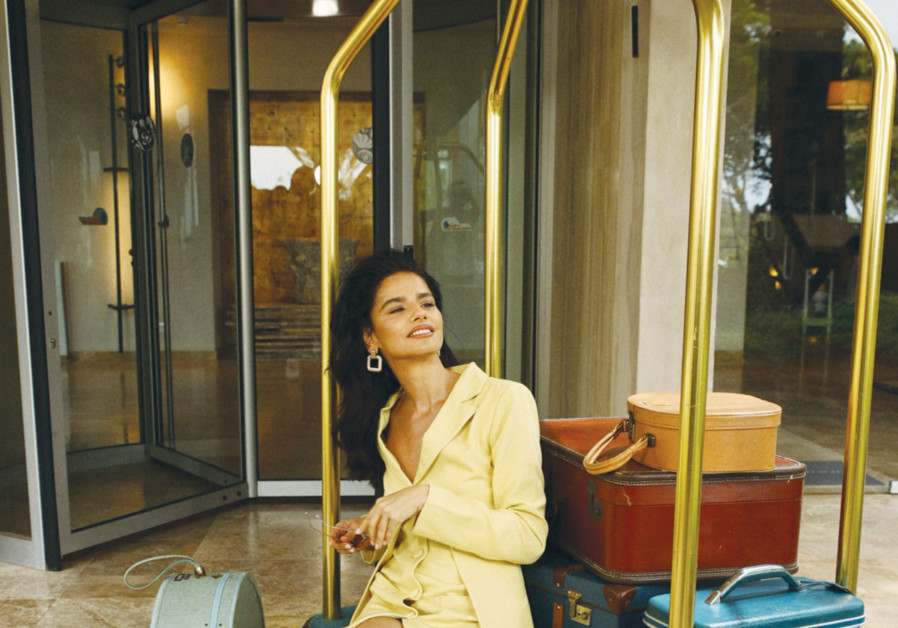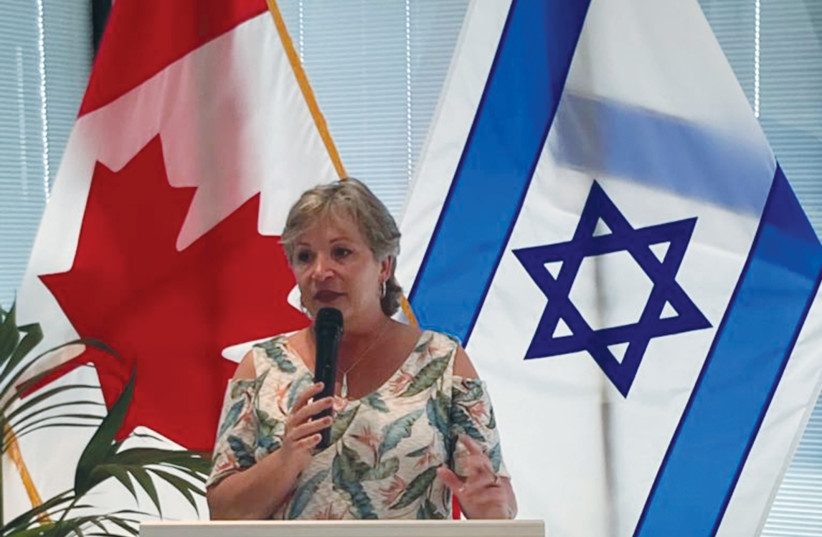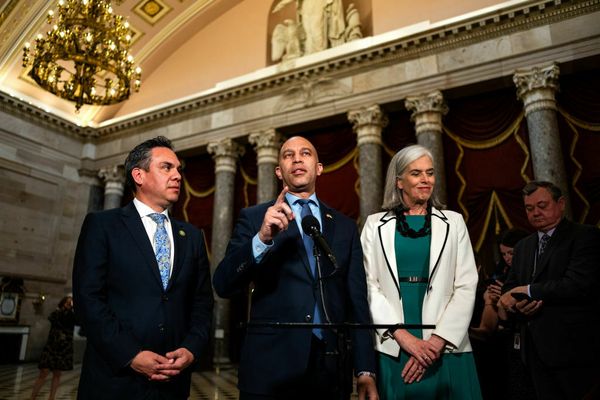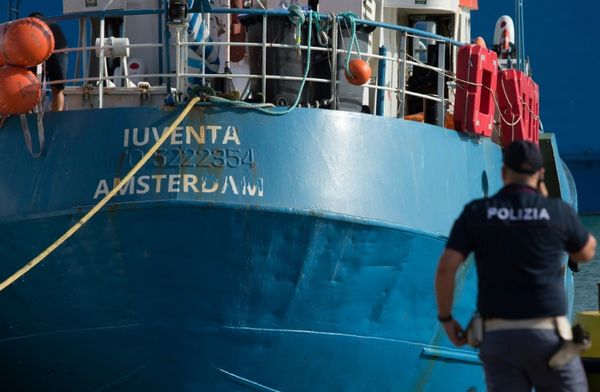
As Holocaust survivors gradually disappear from our midst, listening to the stories of those still with us becomes more urgent than ever, and this year in particular it is important to collect stories from Warsaw Ghetto survivors in view of the fact that next year the Jewish world and the Polish government will mark the 80th anniversary of the Warsaw Ghetto Uprising. In addition, the Warsaw Ghetto Museum will be officially opened.
Any contribution to knowledge of life in the ghetto, of fears, illnesses, deprivation, acts of courage, maintaining religious observance or abandoning religion, continuing with cultural activities, exercising to keep the body strong – all these things and more are valuable nuggets of information in the long saga of the Jewish people.
Many survivors believe that once they and their children are gone, the Holocaust will become just another gruesome episode in the history of humanity, just like the 100 years war and the 30 years war. Stop people at random in the street, the bus or the train and ask about either of these terrible conflicts, and the overwhelming response will be that they don’t know and have never heard of these wars.
Holocaust museums in many parts of the world are preserving Holocaust history, but have room for more if it can be recorded and transcribed. Many Holocaust survivors are more than willing to talk these days and some are very good speakers. One such person is Warsaw Ghetto survivor Ruth Pizyc-Berlinger, who lives in Jerusalem with her husband Shlomo. She would like to tell her story to whoever cares to listen and can be contacted at home at 073-2052225 or on her mobile phone at 058-7849778. Her email address is salomo.berlinger2@gmail.com.
■ CANADIAN AMBASSADOR Lisa Stadelbauer hosted members of Israel Britain and the Commonwealth Association in her spacious Tel Aviv residence, right in the heart of the metropolis. This is an important anniversary year for Stadelbauer, in that she received her first diplomatic posting in 1992 – and strangely enough, it was to Israel.

Last year marked an important anniversary for Canada in terms of its relationship with the Commonwealth. Canada joined the Commonwealth in 1931. Stadelbauer said that her current posting in Israel is different to that of any other place she’s been, partly because she arrived in the middle of the coronavirus crisis, which meant that making contacts was all the more difficult. But, the real difference was that she found herself collecting stories about the Canada-Israel relationship. She quoted two of those stories.
One was the story of Shalva, and the way in which Canadian-born Kalman Samuels and his wife Malki, who in their quest to help their deaf and blind son, Yossi, developed an organization which has helped hundreds – possibly thousands – of children to reach a potential that neither they nor their parents knew of.
The other story is about Hannah Maisel, who was born in Grodno, Belarus. It proves that the Canada-Israel connection goes back more than a hundred years. Always interested in agriculture, Maisel had set up training farms for women before settling in Palestine in 1909, where she continued to encourage women to learn how to work the land.
From 1917-1919, she spent two years in England, where she met the founders of the Women’s International Zionist Organization (WIZO). Following her return to what was then Palestine, she decided to establish an agricultural school in Nahalal, but had no financial resources. She appealed to Hadassah-Canada, which funded the project.
Commenting that this year marks the 75th anniversary of the United Nations resolution on the partition of Palestine, Stadelbauer noted the role played by Lester Pearson, then a senior diplomat and later prime minister of Canada, in the drafting of the partition plan. She also mentioned Ivan C. Rand, a Justice of the Canadian Supreme Court, who was a key figure in the drafting of the UNSCOP majority report that recommended partition.
As a Canadian, the ambassador, who is her country’s third consecutive female envoy to Israel, was very proud of Canada’s commitment to gender equality and of the efforts made by Canada to support more female entrepreneurs. In this context, she also referred to Canadian Trade Minister Mary Ng, who paid a successful visit to Israel in March and calls herself the Minister for Start-Ups.
The ambassador also mentioned the Canada-Israel Free Trade Agreement known as CIFTA, which was concluded in 1997 and modernized in 2014 to allow Canadian companies greater access to Israeli markets. Since the introduction of the FTA, said Stadelbauer, bilateral trade is three-and-a-half times higher than it was before the FTA.
With reference to the Jewish community of Canada, which numbers in the range of 400,000, the ambassador said that it was the fourth largest Jewish community in the world, and was the backbone of Canada.
IBCA Chairperson Brenda Katten, commended Canada for having adopted the IHRA definition of antisemitism, which in essence means that anti-Zionism is a form of antisemitism. She also praised Canada for appointing former Justice Minister and international human rights advocate Irwin Cotler as its special envoy on antisemitism. She said, this is terribly important, when so many people don’t know history.
■ COINCIDENTALLY, EARLIER on the same day, while Presidents Isaac Herzog and Guillermo Lasso of Ecuador were discussing affairs of state, their wives Michal Herzog and María de Lourdes Alcívar, visited Shalva, officially known as the Israel Association for the Care and Inclusion of Persons with Disabilities, which was founded around 30 years ago by Kalman and Malki Samuels, when their hyperactive son Yossi, successfully learned to communicate with his surroundings. Shalva works with children with various disabilities, tries to integrate them into society and helps their families cope.
The two presidential wives met Yossi Samuels, who communicates using the Helen Keller method. Yossi told Herzog that he dreams of visiting the President’s Residence, and she replied that she would be delighted to welcome him there and take him on a tour of the building.
“Every time I visit Shalva, I am deeply moved,” she said. “When I see the children and their mothers fitting into this wonderful place, enjoying themselves and being happy, it fills my heart with pride and joy.”
Lourdes Alcívar said that she was happy to be at Shalva. “This is a privileged place, a place full of peace, color and joy, which fills so many hearts. One can see this clearly and I would be glad to see this in Ecuador, as well. I commend you, because this is marvelous work. The most we can do for our children, for everyone, is to preserve unity.”
Kalman Samuels, who has known President Herzog and his wife for many years, said that they were partners in Shalva’s work. “The story of Shalva is a story that exemplifies how sometimes believing in miracles makes them happen, and although in order to make dreams come true, you need faith, you also need other people to have faith and give support. Michal and the President have always believed in us, and for this we give them our deepest thanks.”
■ ACTRESS MODEL and interior designer Sendi Bar, is the new image of the Dan Hotels chain. In the photo shoot she posed for at the Dan Accadia in Herzliya, Bar went through a fashion evolution that began in the 1960s to the present day. Even though she is now in her mid forties, Bar has maintained a slim figure and carries off the fashion revival as if born to the era. The focus of the campaign is the timelessness of the most iconic of the Dan Hotels, emphasized by the vintage fashions that Bar can wear with aplomb.
■ IN A post shared on Instagram last Friday, supermodel Bella Hadid claimed Israel was planning to force thousands of Palestinians from their homes. The post, which appeared just a few hours after the horrendous terrorist attack in Elad, sparked the ire of many Israelis who complained to Instagram, which quickly removed the offending post.
It was not Hadid’s first attack against Israel with false allegations. It’s not a good time for Hadid. The Crystalino Group, which imports Swarovski crystals and owns the chain of the Swarovski crystals stores in Israel, strenuously objects to the choice of Hadid as the global presenter for Swarovski, and unless there is a legal impediment to a decision that she will not be featured on billboards or in print media advertisements and television commercials in Israel, she won’t be seen here in all that glitter.
The joke will be that davka because there will be no presenter and the Israeli public will know why, Swarovski sales in this country will soar. Alternately, the parent company may decide to dispense with her services altogether and that could be the beginning of a domino effect on her career.
■ DESPITE ITS name, the Association of Israelis of Central European Origin is primarily composed of first, second and third generation immigrants from Germany and Austria, the first of who arrived in appreciable numbers around the time that Hitler came to power. Because Germans, be they Jewish or otherwise, are fairly well organized, they quickly established an association which is now celebrating its 90th anniversary year.
German Jews are often referred to as yekkes, not just in Israel, but in all the countries in which they settled, because no matter what the weather, or the nature of their work – including hard manual labor – they wore their jackets. The German word for jacket is jacke, pronounced yekke – and the sobriquet stuck.
The Open University in Raanana, in cooperation with the Association and the Jerusalem-based Leo Beck Institute, will host a symposium on Monday, May 16, to review the activities of the Association during its nine decades of existence. Among the speakers will be German Ambassador Susanne Wassum Rainer, Professor Moshe Zimmerman of the Hebrew University, Professor Aviva Halamish of the Open University, Professor Roni Stauber of Tel Aviv University, Dr. Sharon Livne of the Leo Beck Institute, and many others.
They will discuss subjects, such as how the yekke aliya differs from others, Israel’s role in modern Germany’s struggle against antisemitism, the yekke influence on Israeli society, yekke architects during the British Mandate era and Israeli-yekke identity.
greerfc@gmail.com







